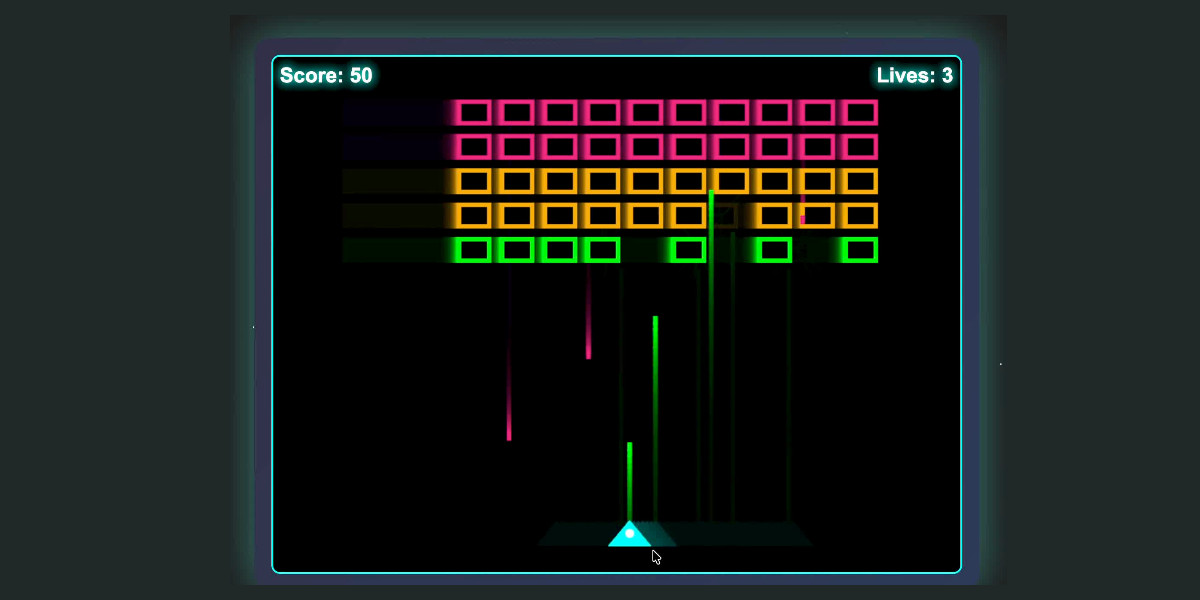An engineer's perspective: Why everything feels broken and what can we do

Something fundamental has shifted in how power works, and most of our institutions haven't noticed. We're living through what might be called "leverage arbitrage divergence"—a growing gap between how fast some actors can change the world and how fast others can respond to those changes.
Think about it: A small team at TikTok can alter the attention patterns of a billion teenagers in months. Meanwhile, educational institutions need years just to update their curricula, and democratic governments require decades to develop coherent responses to technological change. This isn't just about technology moving fast—it's about different types of power operating at completely different speeds.
The framework begins with a simple observation made by entrepreneur Naval Ravikant: there are three types of leverage. Labor leverage scales through human coordination—think committees, voting, traditional management. Capital leverage scales through resource deployment—investment, market creation, financial engineering. Code leverage scales through systematic automation—algorithms, platforms, network effects. Each operates at a different mathematical order: linear, exponential, and systematic respectively.
Here's where it gets interesting: we're experiencing massive "leverage arbitrage" where actors with higher-order leverage can extract value from systems faster than actors with lower-order leverage can maintain those systems. Google's compensation revolution didn't just raise tech salaries—it systematically destroyed entrepreneurial ecosystems globally by making employment more attractive than company-building. Social media platforms don't just connect people—they reshape democratic discourse faster than democratic institutions can adapt. AI systems aren't just tools—they're deployed faster than we can develop frameworks for understanding their social implications.
The result is what we might call the "modern tragedy of the commons." In Garrett Hardin's original formulation, everyone overused shared resources until they collapsed. Today, higher-leverage actors are strip-mining institutional commons—democratic norms, social trust, educational relevance, economic mobility—faster than lower-leverage actors can regenerate them.
This explains seemingly disconnected modern phenomena. Why do individuals feel powerless despite having unprecedented access to global platforms and financial markets? Because they're measuring their agency using frameworks designed for labor leverage while actually wielding code and capital leverage daily. Why do tech companies keep creating "unintended consequences" despite hiring brilliant people? Because engineers build complex adaptive systems while executives manage them using business metrics designed for predictable, linear growth.
Why does government regulation always feel like it's fighting the last war? Because bureaucratic processes designed for industrial-age problems can't keep pace with algorithmic systems that reshape society in real-time. Why do young people feel anxious about their futures despite living in the most opportunity-rich era in history? Because educational institutions prepare them for career models that economic change has already obsoleted.
The leverage arbitrage creates a vicious cycle. As the gap between different leverage types widens, traditional coordination mechanisms become increasingly ineffective. This drives more actors toward higher-leverage approaches, accelerating the divergence. Meanwhile, the institutional commons that make civilization possible—shared truth, democratic discourse, economic mobility, social cohesion—continue degrading because they depend on lower-leverage maintenance that can't compete with higher-leverage extraction.
But understanding this dynamic also suggests solutions. Instead of trying to slow down technological change or somehow make institutions faster, we need "leverage literacy"—helping people recognize the type of power they're actually wielding and use it more consciously. We need organizations designed to operate across leverage levels simultaneously, with decision-making processes that account for different mathematical orders of impact.
Most importantly, we need to redesign how we measure success and allocate resources. Current systems reward short-term optimization within single leverage types while ignoring long-term effects across leverage types. The result is systematic underinvestment in the institutional commons that higher-leverage systems depend on to function sustainably.
The stakes couldn't be higher. If we don't develop conscious approaches to managing leverage arbitrage, we risk a future where technological capability advances exponentially while social coordination capacity deteriorates linearly—a recipe for civilizational breakdown. But if we can build leverage literacy into how we design institutions, raise children, and structure careers, we might create coordination mechanisms sophisticated enough to harness exponential technological power for genuinely beneficial outcomes.
The choice isn't between technology and tradition—it's between conscious coordination across leverage levels and unconscious optimization within leverage silos. The former could create unprecedented human flourishing. The latter is already creating unprecedented institutional dysfunction.
The question is: which future will we choose to build?
What's Your Reaction?
 Like
0
Like
0
 Dislike
0
Dislike
0
 Love
0
Love
0
 Funny
0
Funny
0
 Angry
0
Angry
0
 Sad
0
Sad
0
 Wow
0
Wow
0









































